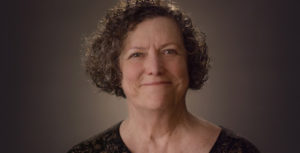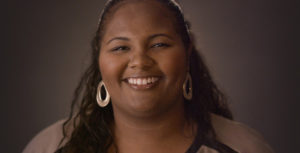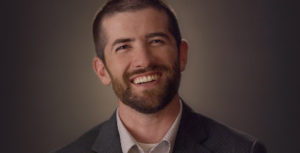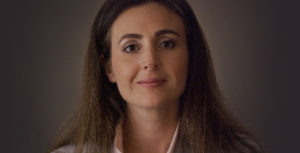Project Overview
Coworker.org is a non-profit platform that advocates for freelancers, independent contractors, and others in today’s gig-based workforce. Across America, according to the Freelancers Union, jobs are increasingly becoming independent, contingent, and short-term, with half the national workforce expected to fill nontraditional roles by 2020. Yet the old systems to support workers don’t fit the new economy: traditional worker advocacy models rely on time-intensive and procedure-heavy unions, worker centers, or legislative campaigns, while the agencies protecting labor standards, wages, and worker rights are underfunded or outmoded. Seeking a new way to advance worker well-being, Coworker.org’s Co-founders Michelle Miller and Jess Kutch set out to harness online tools that could connect far-flung workers in advocacy campaigns—15,000 Starbucks baristas from 17 countries ending a ban on visible tattoos; thousands of Uber drivers successfully seeking to add customer tipping to the company’s app—allowing them to collectively negotiate and improve their employment conditions. In addition, by aggregating and analyzing data gathered through its work, Coworker.org can leverage that knowledge to help employees become more informed advocates, support workers in similar industries, and create flourishing networks of collaboration and innovation. Ultimately, the organization aspires to create a “new kind of civic space” where employees come together as agents of a democratic workplace.
Five Questions
Learn more about this project
Meet our other 2015 awardees

New York
A model for activating human capital in rural places, this “living museum of contemporary rural life” has helped inventive rural residents ignite a fresh sense of cultural and economic opportunity.

ScholarCHIPS for Children of Incarcerated Parents
Washington, D.C.
To break the cycle of intergenerational incarceration, ScholarCHIPS supports college students in the Washington, D.C. area who are among the millions of children in America with incarcerated parents.

Washington State
Through a unique blend of peer mentoring, community farming, and “dirt therapy,” Growing Veterans uses sustainable agriculture as a catalyst for ending veteran isolation.

California
This peer-support program’s “healing to advocacy” agenda empowers women with incarcerated loved ones to push for social and policy reform, while boosting their economic resilience.

West Virginia
Tackling the economic, cultural, and environmental distress of West Virginia’s collapsing coal economy, Reclaim Appalachia creates new economic opportunities rooted in a vibrant spirit of place.

California
Bringing local fish into schools proves a powerful way to cultivate the next generation of ocean stewards, while promoting sustainable seafood and supporting a community’s fishing industry.

Elizabeth Monoian &Robert Ferry
Washington State
A series of large-scale public art installations seeks to transform unloved clean-energy infrastructure into wildly inspiring cultural and economic assets.

New York
A global network of tech-enabled partners uses advanced production tools to deliver life-changing prosthetic hands and arms to those who need them most.

 Learn More
Learn More